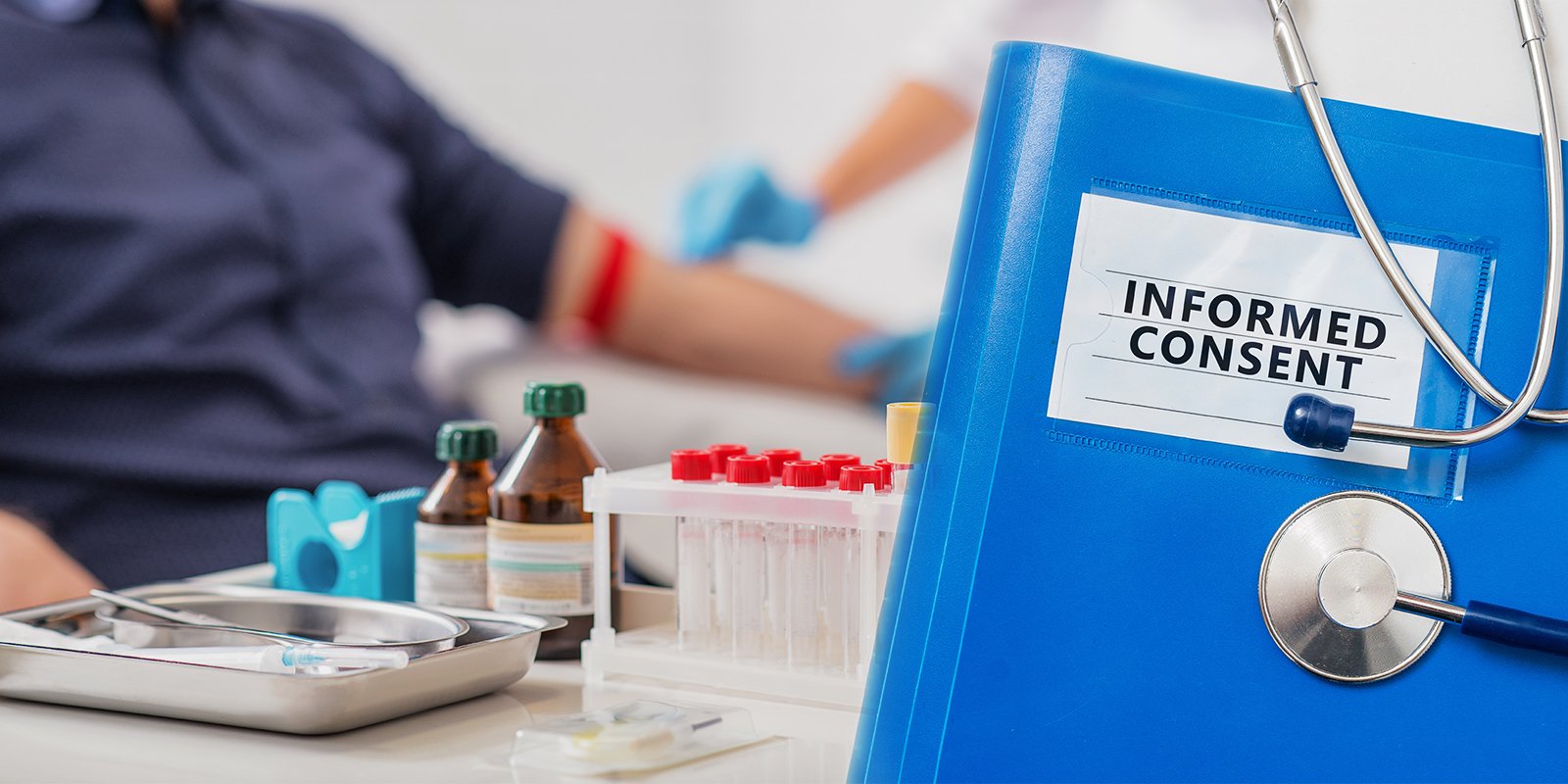
FDA Final Rule: IRB Waiver of Informed Consent for Minimal-Risk Investigations
The Food and Drug Administration ("FDA") expands informed consent exceptions with a final rule permitting institutional review board ("IRB") waiver or alteration of elements for certain FDA-regulated minimal-risk clinical investigations.
On December 21, 2023, FDA issued a final rule providing an exception from the requirement to obtain informed consent when a clinical investigation poses no more than minimal risk to the human subject and includes appropriate safeguards to protect the rights, safety, and welfare of human subjects. This rule permits an IRB to approve an informed consent procedure that waives or alters certain informed consent elements or waives the requirement to obtain informed consent, under limited conditions, for certain FDA-regulated minimal-risk clinical investigations—provided the IRB has found and documented five criteria consistent with the revised Federal Policy for the Protection of Human Subjects ("Common Rule").
FDA's regulations governing human subject protection at 21 CFR parts 50 and 56 require obtaining informed consent before a subject participates in a clinical investigation, with exceptions only in certain life-threatening situations or by Presidential waiver for certain military operations. The 21st Century Cures Act of 2016 amended the Federal Food, Drug, and Cosmetic Act, authorizing FDA to permit an exception from informed consent requirements in limited circumstances. FDA issued a 2018 proposed rule to revise informed consent regulations, proposing adoption of Common Rule criteria for waiver or alteration of informed consent for minimal-risk research. The 1991 Common Rule originally included four criteria; a fifth criterion was added in 2017 for identifiable private information or biospecimens.
The final rule requires an IRB to find and document five Common Rule criteria in order to permit a waiver or alteration of the informed consent requirements:
- The clinical investigation involves no more than minimal risk to subjects;
- It could not practicably be carried out without the requested waiver or alteration;
- If the clinical investigation involves identifiable private information or identifiable biospecimens, it could not practicably be carried out without using such information or biospecimens in an identifiable format;
- The waiver or alteration will not adversely affect subject rights and welfare; and
- Whenever appropriate, the subjects or legally authorized representatives will be provided with additional pertinent information after participation.
The final rule takes effect on January 22, 2024.





